Amid the Pahalgam terror attack, India held diplomatic talks with the Taliban government in Afghanistan. Anand Prakash, Joint Secretary in the Ministry of External Affairs’ Pakistan, Afghanistan, and Iran (PAI) Division, met Afghanistan’s acting Foreign Minister Mawlawi Amir Khan Muttaqi in Kabul on Sunday (April 27).
They discussed a range of bilateral issues, including political relations and regional developments. The meeting comes amid rising tensions between India and Pakistan in the wake of the April 22 terror attack on tourists in Jammu and Kashmir’s Pahalgam.
Let’s take a closer look.
India holds talks with Taliban govt
In a key diplomatic shift, MEA’s Joint Secretary Anand Prakash held discussions with Muttaqi in the Afghan capital on Sunday.
As per a statement by Afghanistan’s Foreign Ministry, Muttaqi underlined the significance of expanding diplomatic and economic relations with India.
Hafiz Zia Ahmad, deputy spokesperson of the Taliban’s Foreign Ministry, said on social media that the two sides discussed “recent regional political developments”, without mentioning if the Pahalgam terror attack came up.
In the meeting, Muttaqi highlighted investment opportunities in Afghanistan, urging Indian companies to take advantage of the conducive opportunities in trade and infrastructure development.
Anand Prakash, Special Representative of the Ministry of External Affairs of the Republic of India and Director General of the Afghanistan, Iran and Pakistan Department, met with Maulvi Amir Khan Muttaqi, Foreign Minister of the Islamic Emirate of Afghanistan.
— ANI (@ANI) April 28, 2025
During the… pic.twitter.com/isUTWl8Cy7
As per the readout, Afghanistan’s acting Foreign Minister also called on India to ease visa processes, especially for Afghan patients, students and businessmen. He asked India to restore normal visa services to further people-to-people ties.
“During the meeting, both sides held discussions on strengthening bilateral political relations, enhancing trade and transit cooperation, and exchanging views on recent regional developments,” said the statement by Deputy Spokesman for Afghanistan’s Ministry of Foreign Affairs.
Prakash expressed India’s desire to expand relations with Afghanistan in various sectors. He also reassured that New Delhi will continue its assistance as well as invest in infrastructure projects in the landlocked country, including resuming previously stalled works.
Both sides agreed to boost mutual cooperation, exchange of delegations and streamlining the visa process.
Prakash also met former Afghan president Hamid Karzai, discussing the regional situation and enhancing ties between India and Afghanistan.
India’s limited connection to Taliban-led Afghanistan
India, like other countries, does not officially recognise the Taliban-led Afghanistan government.
After the Taliban seized power in Afghanistan in August 2021, New Delhi has maintained a diplomatic presence in Kabul. However, India’s embassy in Kabul is presently run by a small team of “technical experts” who ensure the delivery of humanitarian assistance and stay in touch with the Taliban regime.
India has allowed a Taliban representative, Ikramuddin Kamil, to work as “acting consul” at Afghanistan’s Mumbai consulate.
New Delhi has continued humanitarian aid to Afghanistan under the Taliban, sending shipments of wheat, medicines, COVID-19 vaccines, and winter clothing. Since August 2021, India has delivered 50,000 tonnes of wheat, 40,000 litres of pesticides, 27 tonnes of relief materials, and more than 300 tonnes of medical supplies to Afghanistan.
In January this year, India’s Foreign Secretary Vikram Misri engaged with Afghanistan’s acting Foreign Minister Muttaqi in Dubai — the first such high-level talks since the Taliban’s takeover of Kabul.
During the meeting, the Taliban regime asked India to ease the visa rules for Afghan businessmen, patients and students, while assuring New Delhi that Afghanistan did not “pose a threat” to any nation.
Why India’s shift matters
India’s diplomatic outreach to the Taliban-led Afghan government reflects its aim to regain its lost ground in Kabul.
“At the heart of India’s policy is the goal of regaining its lost influence and reestablishing its connections in Kabul,” Shanthie Mariet D’Souza, an Afghanistan expert, told DW in January.
“Additionally, India aims to restore its influence in a region where China has significantly stepped up its presence since August 2021,” she added.
India’s engagement with the Taliban, which it long viewed as Pakistan’s proxy, shows it is adapting to evolving regional dynamics. New Delhi’s decades of investment in Afghanistan came to a halt after the fall of the Ashraf Ghani-led Afghan government and the Taliban takeover in 2021.
India’s rival neighbours, China and Pakistan, took advantage of this, increasing their influence in the region. Pakistan’s military has maintained a strategic hold over Afghanistan through the Taliban and is using it against India, as per Al Jazeera.
However, three years after the Taliban’s Kabul takeover, ties between Pakistan and Afghanistan have frayed. Islamabad accuses the Pakistan Taliban group of using Afghan soil to launch attacks on Pakistan, a charge rejected by Kabul.
On the other hand, the Taliban has moved closer to India. For New Delhi, it is a tightrope walk, given the Afghan group’s oppression of women and minorities.
India has been demanding that the Taliban not allow the Afghan soil to be used for any anti-India activity in exchange for limited engagement and continued humanitarian support, Ajay Bisaria, a former Indian envoy to Pakistan, told DW.
“In contrast, Pakistan views Afghanistan as a geography to achieve strategic depth and influence, particularly after the US withdrew in 2021,” said Bisaria.
With India stepping up diplomatic engagement, it has granted the legitimacy to the Taliban, which it has been seeking from the global community, as per ThePrint report.
The latest meeting came amid a surge in tensions between India and Pakistan post the Pahalgam terror attack. The Taliban foreign ministry earlier condemned the massacre, expressing “condolences to the bereaved families”.
“Such incidents undermine efforts to ensure regional security and stability,” its statement said.
India’s limited engagement with the Taliban without officially recognising its government keeps “communication lines open and helps prevent Afghanistan from becoming a sanctuary for anti-India terror groups,” Ajay Darshan Behera, Professor, MMAJ Academy of International Studies, Jamia Millia Islamia University, New Delhi, wrote in an opinion piece for I_ndian Express._
For India, “the goal is not to embrace the Taliban, but to ensure that Afghanistan does not turn into a geopolitical vacuum exploited by hostile forces,” he wrote.
With inputs from agencies


)
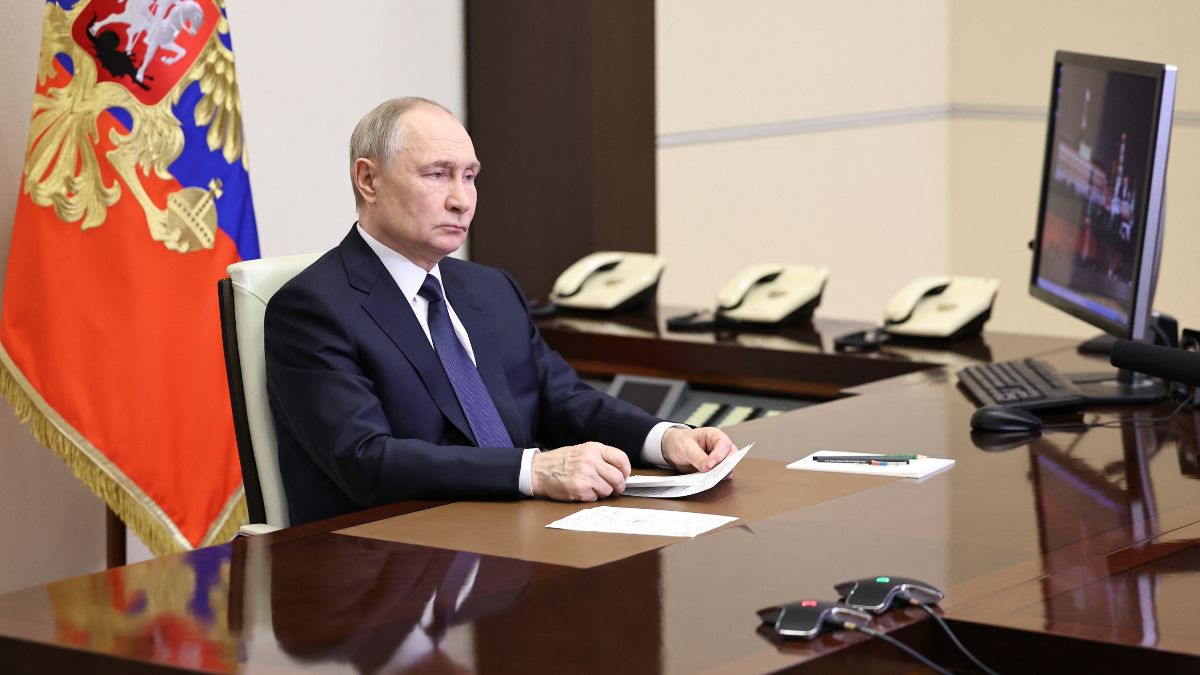)
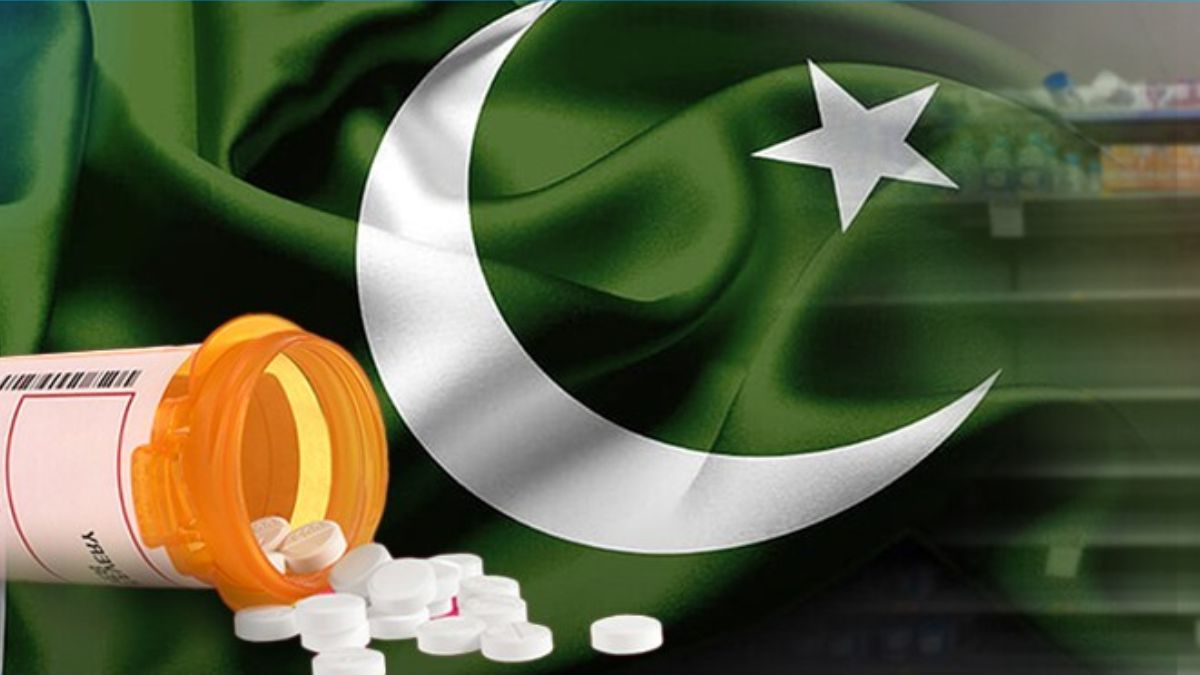)
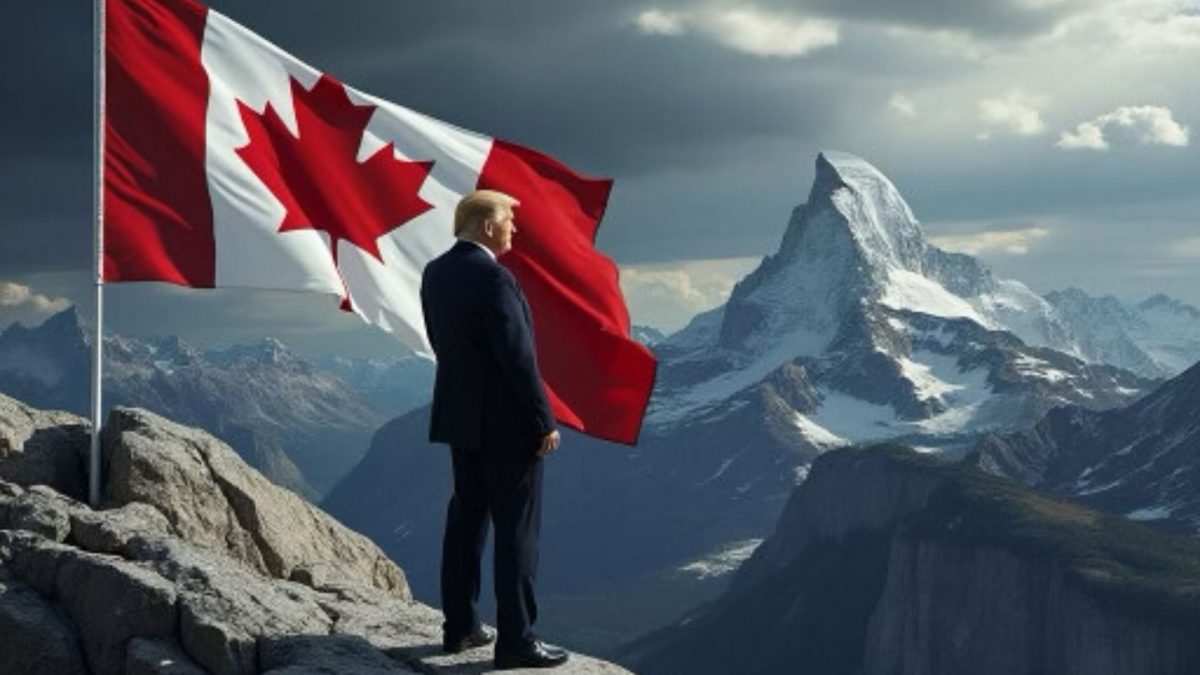)
)
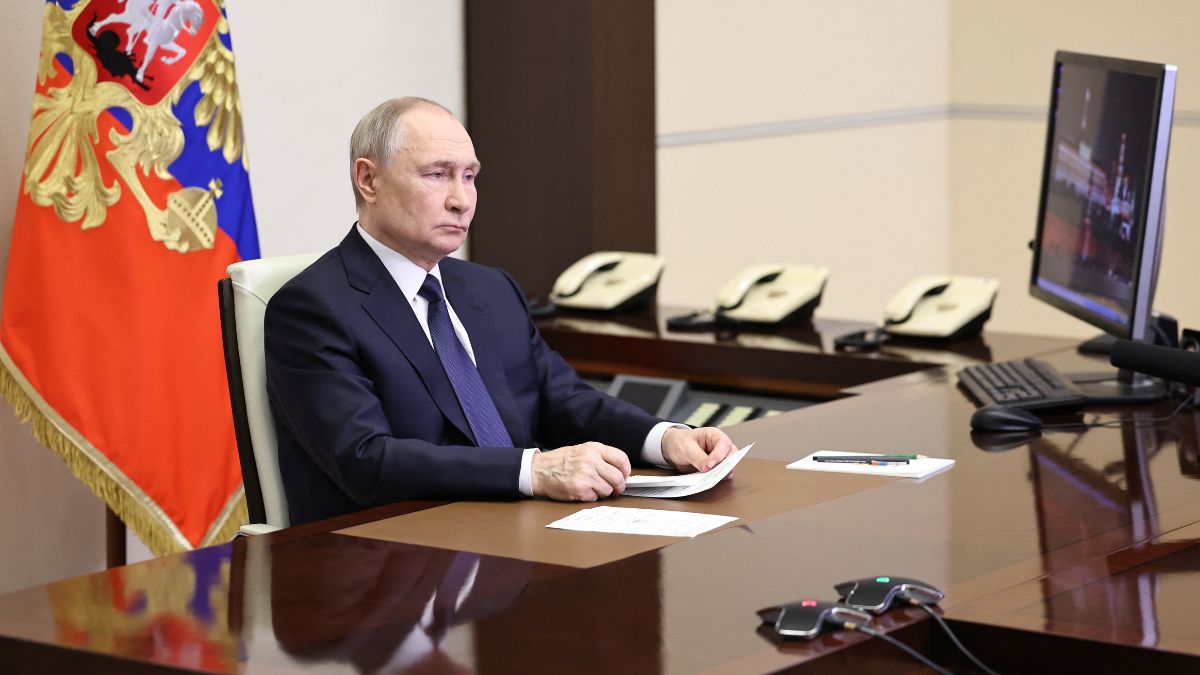)
)
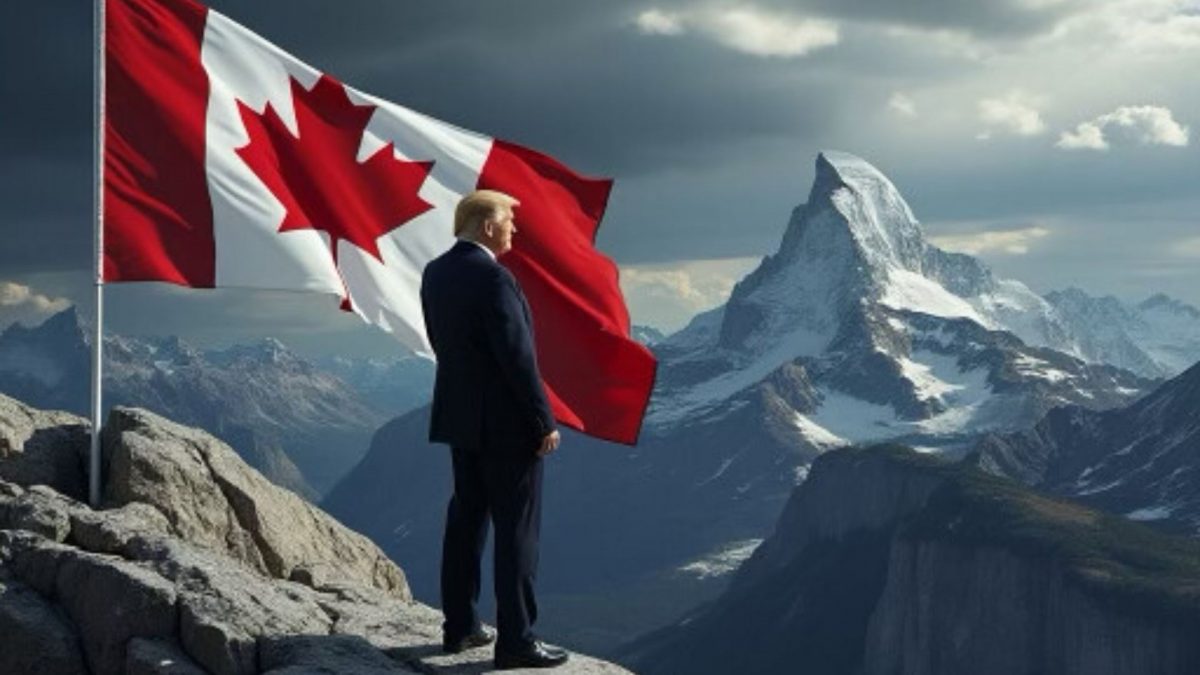)
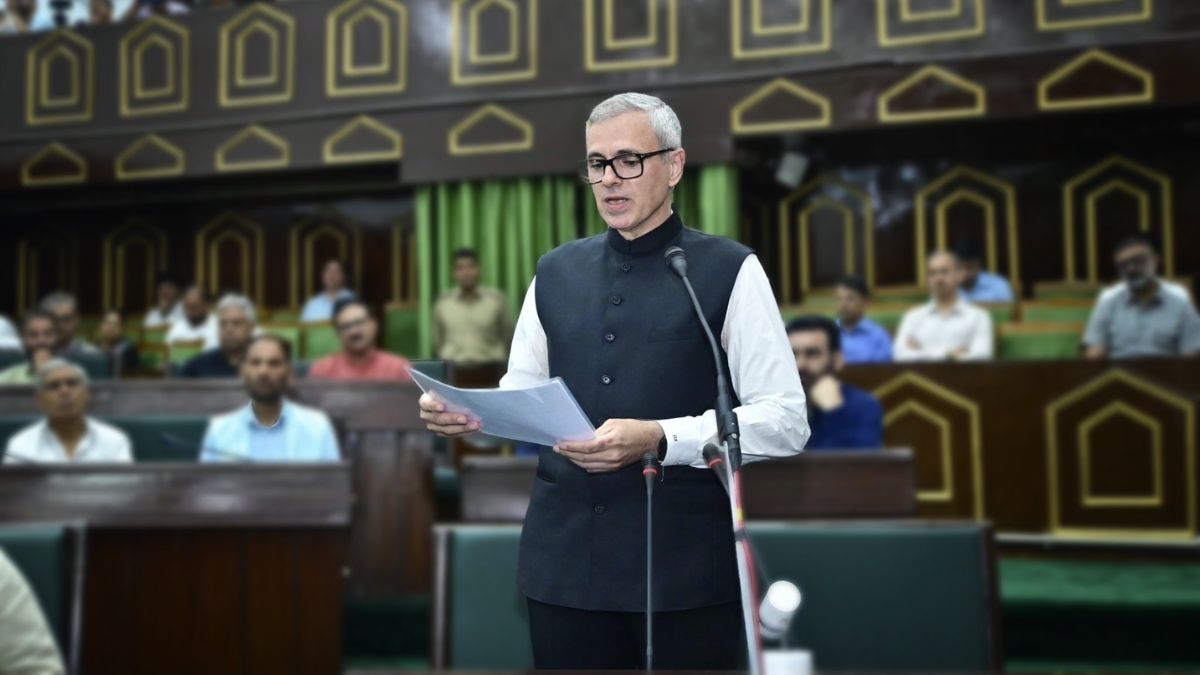)